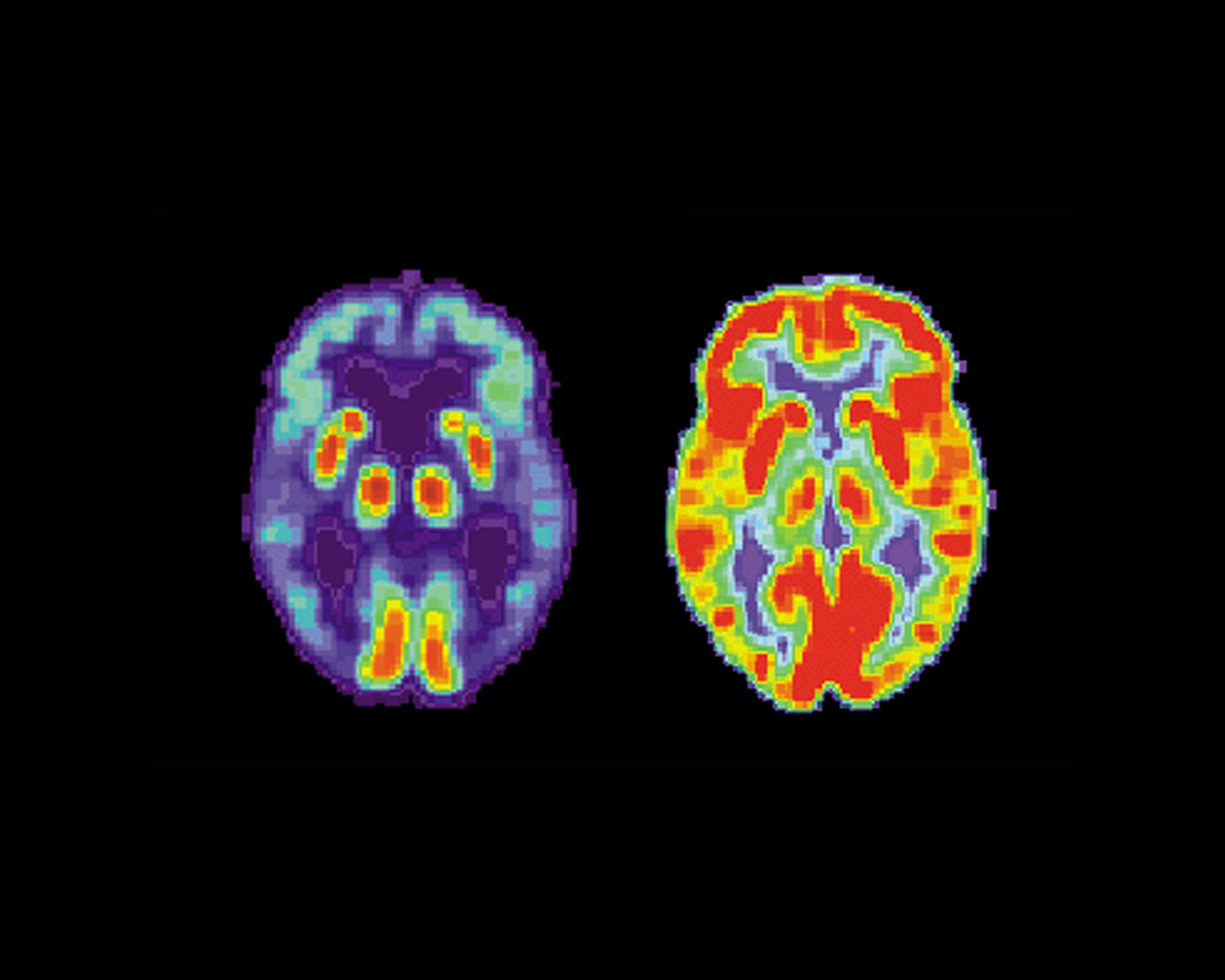The Local newsletter is your free, daily guide to life in Colorado. For locals, by locals.
It was 1906 when German neuropathologist Alois Alzheimer first identified the mysterious brain disease that would bear his name. In the 100-plus years that have passed since then, the incidence rate has skyrocketed: A third of Americans 85 and older suffer from Alzheimer’s disease, and its the sixth leading cause of death in Colorado. Yet the FDA has approved only four medications to treat the illness—and none of them relieves symptoms permanently. “If people come with headaches, MS, Parkinson’s, there’s a lot I can do for them,” says Denver neurologist Adam Wolff. “When they come with memory problems, it’s a black hole. There’s a real deficiency in terms of what I can do for them.”
What Wolff hopes he can do, however, is help patients get earlier and more accurate diagnoses. To that effect, he—and other physicians across the country—will offer low-cost brain scans to nearly 19,000 senior citizens as a part of the new IDEAS Study. These images highlight amyloid deposits (plaque that’s been linked to Alzheimer’s disease) that have built up in the brain. Until a few years ago, technology wasn’t sophisticated enough to show this plaque in living patients, although coroners had documented it under the microscope during autopsies. Now, though, brain imaging companies like Littleton-based CereScan—the study’s only partner facility in the Denver metro area—can provide high-res images of our grey matter to help doctors better determine whether the patient’s memory loss is indeed a symptom of Alzheimer’s or a separate issue entirely.

Outside of the IDEAS study, Medicare doesn’t pay for these brain scans, as the government concluded that the scans’ results wouldn’t affect the treatments doctors prescribed for Alzheimer’s. A second layer of the IDEAS study will test that hypothesis: Both patients and physicians will take surveys before and after the scans to see whether having concrete information from the scans changes their responses, emotionally for the patients and treatment-wise for the doctors.
The study does have specific requirements. Participants must:
- Be on Medicare (which means they’re generally over the age of 65)
- Have already been diagnosed with a mild cognitive problem or mild dementia, or their doctor must be unsure about their diagnosis. Those with moderate or severe memory issues are not eligible.
Note: If you haven’t had any neurological workups or testing but have anecdotal memory issues, you can still set up an appointment with Dr. Wolff at the Denver Neurological Clinic to see if you’d be a good fit.








